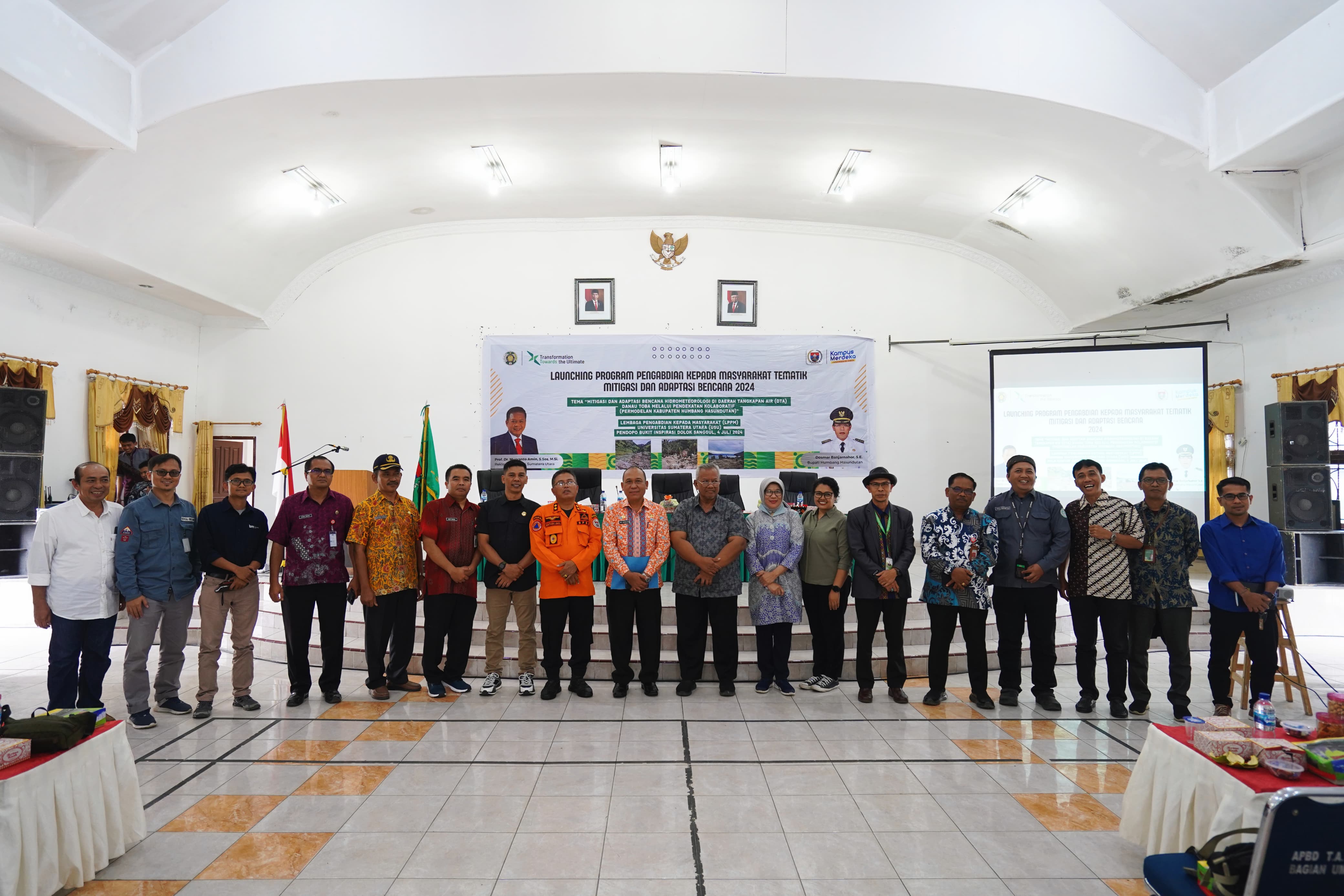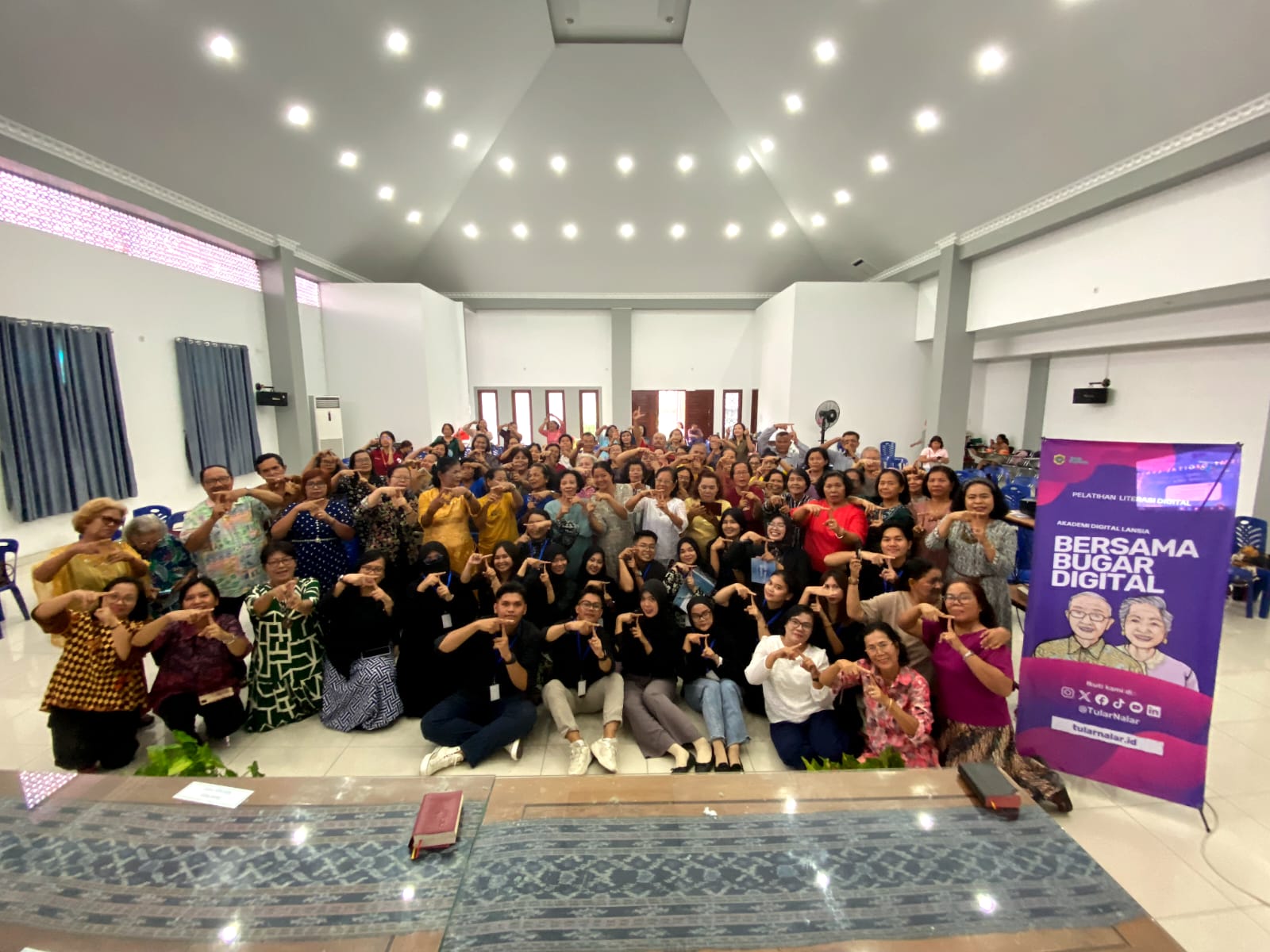Universitas Airlangga (UNAIR), through the Word University Association for Community Development (WUACD), has partnered with Universiti Teknologi Malaysia (UTM) to launch a community service initiative. This program, part of the Community Service (KKN) Equivalency Program, took place in Licin District, Banyuwangi Regency, on Tuesday, March 4, 2025.
A key focus of the initiative was training local farmers on the assembly and application of solar panels to power an automated irrigation system. Muhammad Aiman, a UTM student, highlighted that solar energy technology provides farmers with an efficient and sustainable means to maintain soil fertility while reducing costs. To date, this technology has been successfully implemented in Jelun Village and Banjar Village.
“This initiative has received highly positive feedback from the local community. Residents appreciate the technology as it helps reduce dependence on conventional electricity, which is more expensive,” Aiman noted.
In addition to promoting renewable energy, the program also included a creative skills workshop for children in Banjar Village, where they learned how to weave bracelets. Aiman explained that this activity, guided by both UNAIR and UTM students, provided an engaging and enriching experience for the children.
“The children showed great enthusiasm throughout the bracelet-making process and eagerly displayed their handmade creations to the community. Village officials and residents warmly welcomed this initiative, recognizing its direct benefits in fostering agricultural sustainability and enhancing children’s creativity,” he stated.
Aiman emphasized that the community service program has provided him with valuable hands-on experience in educating communities about self-sufficient technological solutions. He also underscored the broader impact of the collaboration between UNAIR and UTM Malaysia, which extends beyond technological advancement to skill development and creative enrichment.
“Programs like this encourage further innovation, equipping communities with practical solutions to improve various aspects of daily life,” he concluded.



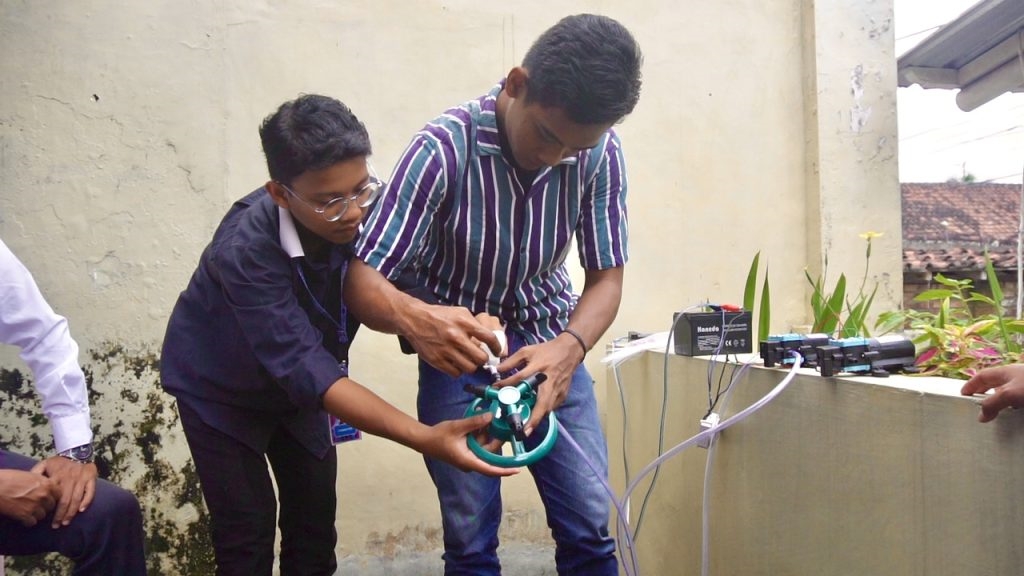
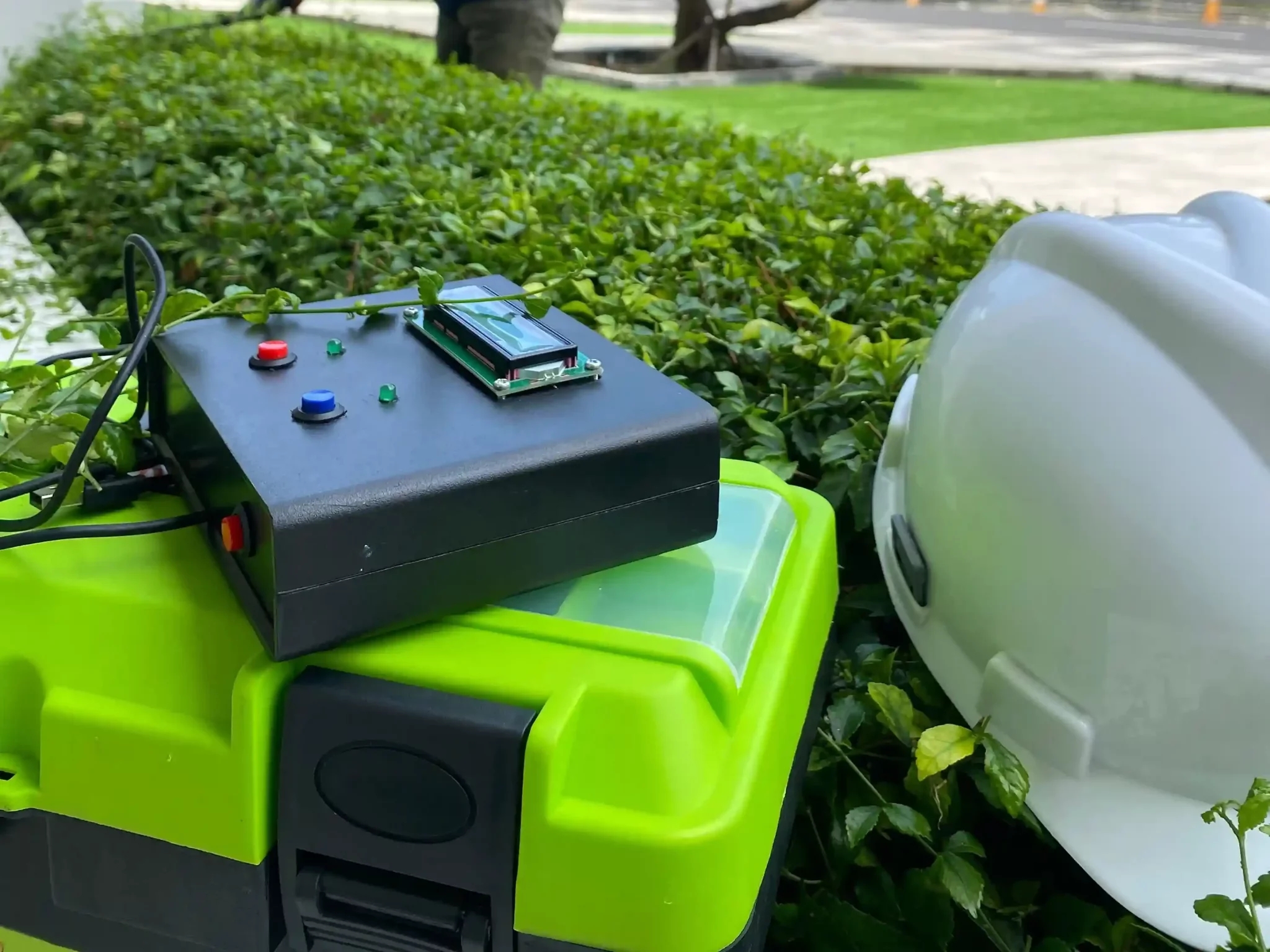
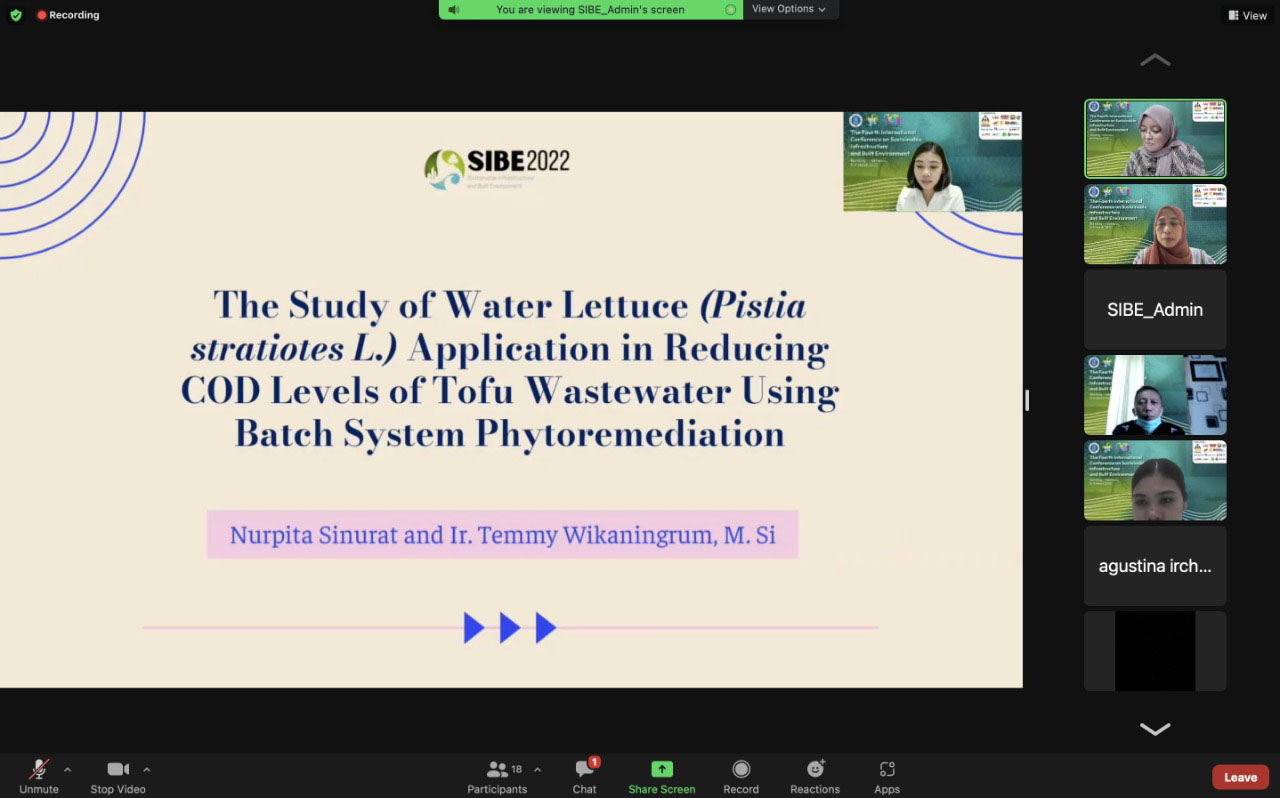
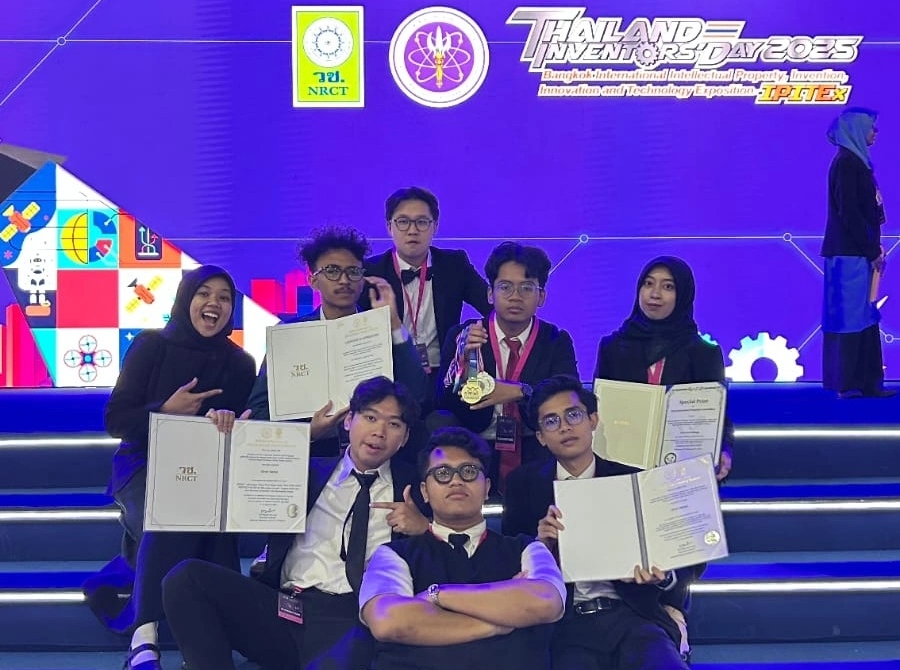
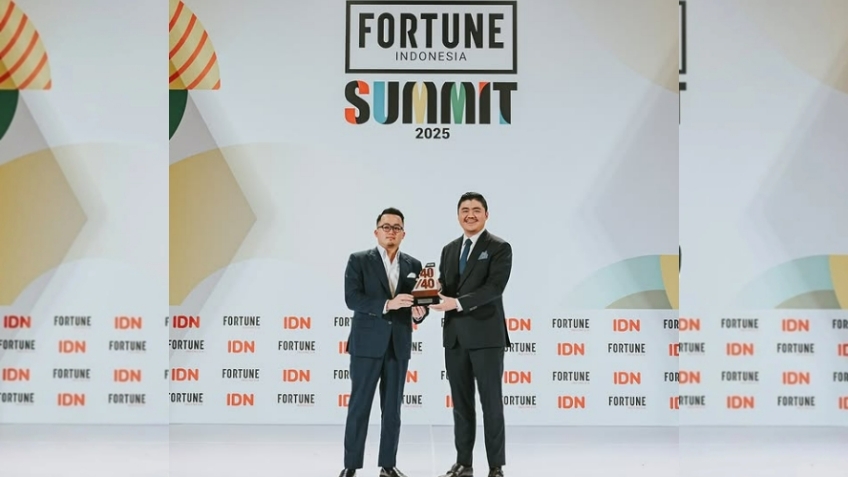
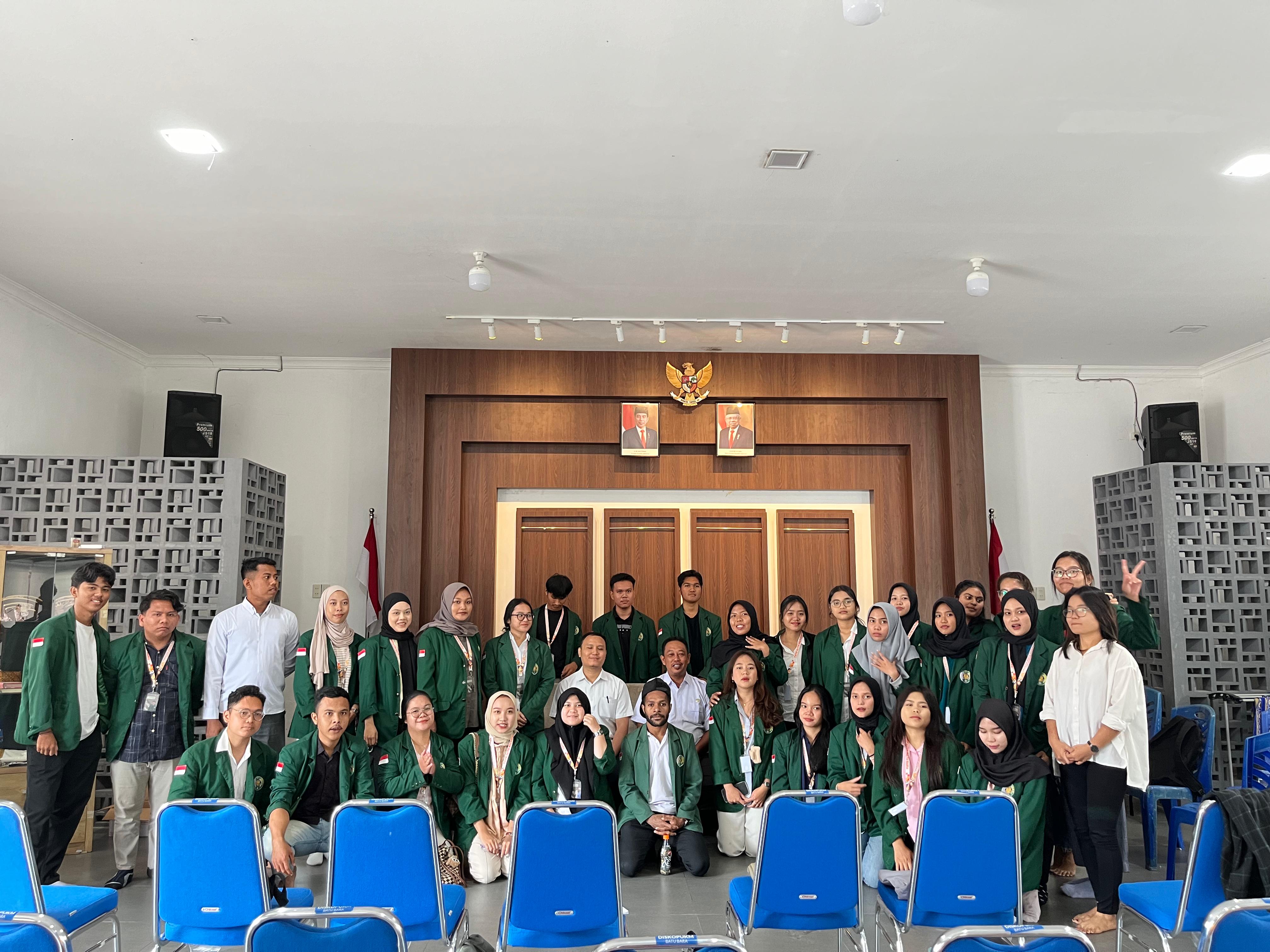
.jpg)
.jpg)
